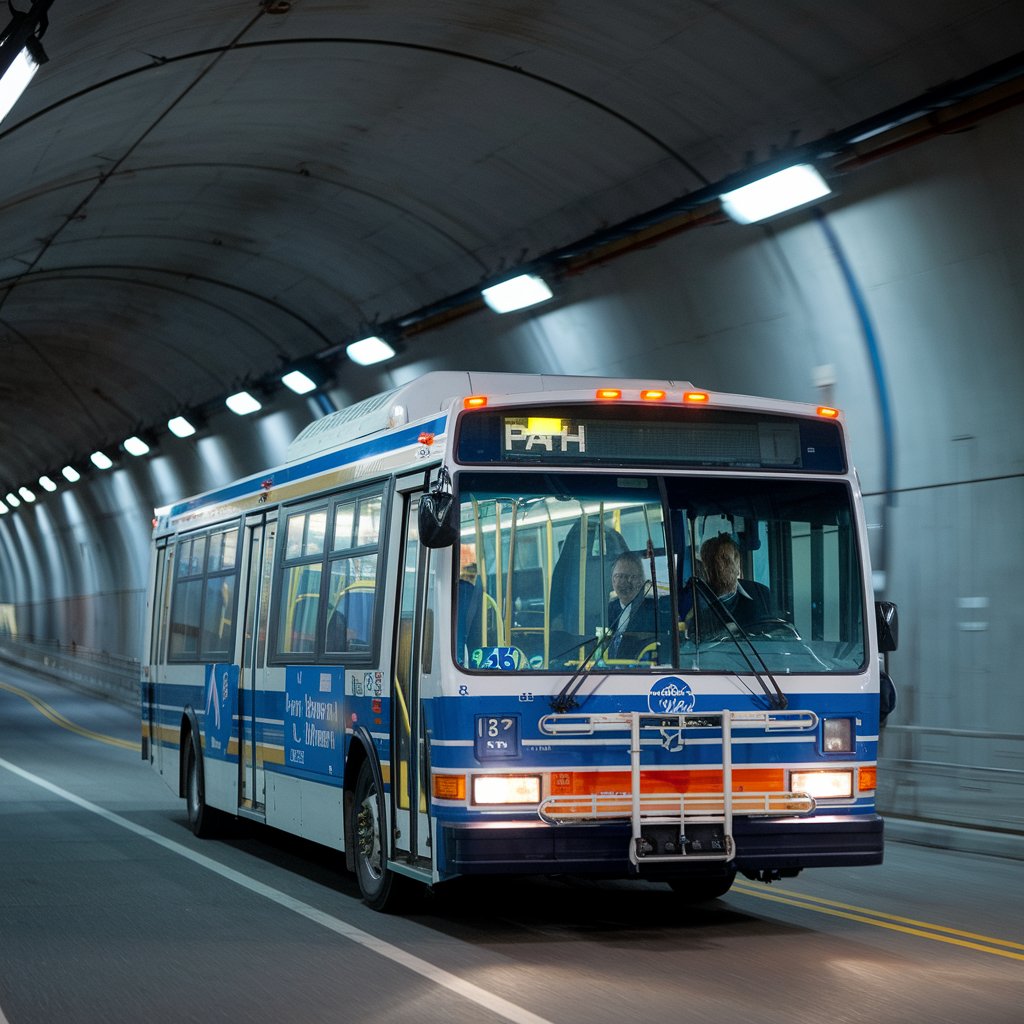Florida, often referred to as the Sunshine State, is a vibrant blend of scenic landscapes, bustling cities, and serene beaches. Whether you’re a resident or a visitor, Florida’s bus services provide an affordable, convenient, and eco-friendly way to navigate the state. With comprehensive routes and connections, including options like cruise connections, Florida’s bus network has become an essential part of its transportation system.
What Is Florida Bus Service?
Florida bus service encompasses a diverse range of transportation providers that connect cities, towns, and attractions throughout the state. This includes public transit systems in major cities, regional services, and intercity bus companies like Greyhound, Red Coach, and Mega bus. Additionally, specialized services such as cruise connection buses cater to travelers heading to and from Florida’s world-famous ports.
They offer flexibility in travel plans, with options ranging from local routes in urban areas to extensive interstate connections.
Which Cities Are Served by Florida Bus Service?
Florida’s bus network covers all major cities and many smaller communities, ensuring that travelers have access to convenient transportation options. Below are some key destinations:
Pinellas Park
Located in the Tampa Bay area, Pinellas Park is a hub for regional transit. Services like the Pinellas Suncoast Transit Authority (PSTA) provide local routes connecting to nearby cities like St. Petersburg and Clearwater.
Miami
A central hub for both local and intercity bus services. Miami-Dade Transit operates extensive routes, while companies like Red Coach offer premium travel to cities like Orlando and Tampa.
Orlando
Known for its theme parks, Orlando’s Lynx bus system and connections via Greyhound and Mega bus make it a key destination.
Tampa
As a growing metropolitan area, Tampa offers robust local transit through the Hillsborough Area Regional Transit (HART) and connections to surrounding areas.
Jacksonville
The largest city in Florida by area, Jacksonville’s JTA bus system links neighborhoods and offers connections to regional bus lines.
Fort Lauderdale
A major gateway for cruise passengers, with services like Cruise Connection providing easy access to Port Everglades.
Key West
Even remote locations like Key West are accessible via services such as the Key West Transit and intercity buses from Miami.
Who Uses Florida Bus Services?
Florida’s bus services cater to a broad demographic:
Commuters: Residents rely on local transit systems for daily commutes to work or school.
Tourists: Visitors use bus services to explore attractions, theme parks, and beaches without the hassle of renting a car.
Students: Universities like the University of Florida and Florida State University benefit from student-oriented routes.
Cruise Passengers: Cruise connection services are vital for travelers heading to ports in Miami, Tampa, and Fort Lauderdale.
Eco-Conscious Travelers: Many choose buses as a greener alternative to driving or flying.
Where Do Florida Bus Services Operate?
Florida bus services operate statewide, covering urban, suburban, and rural areas. Key routes include:
Urban Transit: Local bus systems in cities like Miami, Tampa, and Orlando offer frequent routes.
Intercity Connections: Greyhound and Megabus connect major cities and even neighboring states.
Regional Services: PSTA and HART provide connectivity within the Tampa Bay region, while similar systems serve South Florida and Central Florida.
Cruise Ports: Cruise connection buses operate between airports, hotels, and major ports such as Port Miami and Port Canaveral.
Theme Parks and Attractions: Buses to destinations like Disney World, Universal Orlando, and Busch Gardens are highly popular among tourists.
Why Choose Florida Bus Services?
Choosing Florida bus services comes with several advantages:
Affordability: Bus tickets are often significantly cheaper than flights or car rentals.
Convenience: Regular schedules and extensive coverage make buses a reliable option.
Eco-Friendliness: Traveling by bus reduces the carbon footprint compared to cars or planes.
Stress-Free Travel: Avoiding traffic, parking, and driving offers a relaxed journey.
Accessibility: Many bus services cater to passengers with disabilities, ensuring inclusive travel options.
Flexibility: With multiple routes and operators, travelers can customize their itineraries.
When Are Florida Bus Services Available?
Florida bus services operate year-round, with schedules varying by provider and route. Key highlights include:
Local Transit: Urban systems like Miami-Dade Transit and Lynx run daily, with peak-hour frequency.
Intercity Services: Operators such as Red Coach and Greyhound offer multiple departures per day.
Seasonal Adjustments: During peak tourist seasons and holidays, additional services are often added to accommodate demand.
Late-Night Options: Major cities like Miami and Orlando offer night bus services for late travelers.
How Do Florida Bus Services Operate?
Understanding how Florida bus services work helps travelers maximize their experience:
Ticketing: Tickets can be purchased online, via mobile apps, or at bus terminals. Discounts are often available for students, seniors, and frequent travelers.
Scheduling: Bus schedules are published on provider websites and at terminals. Some services, like cruise connection bus, require advance reservations.
Comfort: Many intercity buses offer amenities such as Wi-Fi, power outlets, and reclining seats.
Safety: Florida bus operators adhere to strict safety standards, including routine maintenance and trained drivers.
Integration: Local transit systems are increasingly integrating with ride-sharing services and bike rentals for last-mile connectivity.
Whose Needs Are Met by Florida Bus Services?
Florida’s bus network addresses the needs of:
Local Communities: Ensuring residents have access to jobs, education, and healthcare.
Tourism Industry: Supporting Florida’s $100 billion tourism sector by facilitating easy travel.
Environmental Advocates: Promoting sustainable transportation options.
Government Goals: Reducing congestion and pollution through public transit initiatives.
The Future of Florida Bus Services (2024 and Beyond)
The future of Florida’s bus services looks promising, with innovations and expansions on the horizon:
Electrification: Many transit agencies are transitioning to electric buses to reduce emissions.
Smart Technology: Real-time tracking, contactless payments, and enhanced route planning are becoming standard.
Expanded Routes: New intercity and regional routes are planned to meet growing demand.
Cruise Connectivity: Enhanced services for cruise passengers, including integrated hotel and port transfers, are anticipated by 2025.
High-Speed Rail Integration: Florida’s Brightline rail system is expected to complement bus services, offering seamless multimodal travel.
Funding Boosts: Federal and state investments in public transportation are likely to accelerate growth.
Conclusion
Florida’s bus services are a cornerstone of the state’s transportation network, offering convenient and accessible travel options. Whether navigating the vibrant streets of Pinellas Park or catching a cruise connection in Fort Lauderdale, buses provide an efficient solution for residents and visitors alike. With technological advancements and expanded routes on the horizon, the future of Florida’s bus services promises even greater convenience and sustainability. So, whether you’re planning a trip in 2024 or looking ahead to 2025, Florida’s bus network is ready to take you across the Sunshine State.









